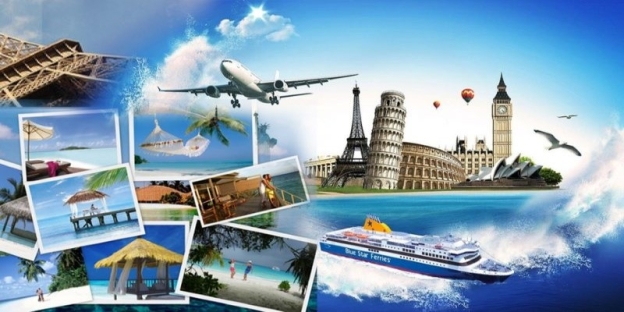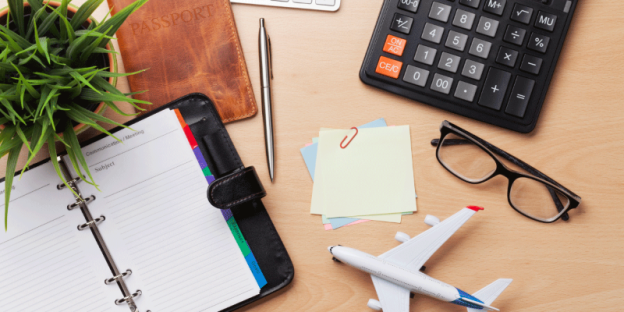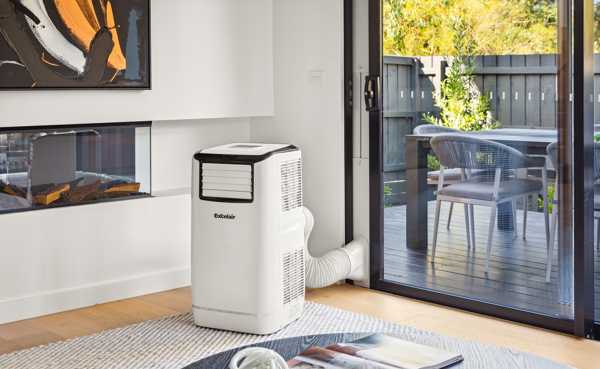tech
Challenges Facing Attorneys in a Competitive Legal Landscape
1757406574000
Planning a trip is exciting, but figuring out how much it'll all cost is not. Not so much. How do you avoid running out of money halfway through or overspending on things you don't need? That's where using the right tools and a little strategy can make all the difference.
Planning a trip is exciting, but figuring out how much it'll all cost is not. Not so much. How do you avoid running out of money halfway through or overspending on things you don't need? That's where using the right tools and a little strategy can make all the difference.
It may seem logical to decide on a number first, but that often leads to unrealistic expectations. Start by picking where you want to go. A beach trip to Bali will look very different from a ski weekend in Switzerland. Each destination comes with its spending habits—from transport to daily food prices. Once you have your location locked in, everything else gets easier to forecast. This is when using a trip cost calculator comes into play.
Instead of guessing, let the numbers tell you what your dream costs. Input your destination, number of travel days, expected accommodations, flights, meals, and activities. It provides a rough estimate of your total travel expense before you even start packing.

Another helpful trick is to look up recent travel vlogs or breakdowns by real travellers who've visited that location. You'll often find price ranges that feel far more accurate than generic search results. Knowing the average daily cost is key—it tells you whether your idea of 'budget' matches the place you're going to. Spoiler: It often doesn't, which is why people end up broke or constantly saying no during their trip.
Now that you've got a rough number in mind, don't stop there. That total isn't helpful unless it's split into what you'll spend it on. A good travel budget planner does this for you automatically, but you can also use a spreadsheet or a notes app.
Divide your travel budget into five key areas: flights, accommodations, food, transportation, and experiences. If you're someone who shops frequently or loves giving gifts, consider adding a sixth category to your list. Then assign rough percentages. Maybe 40% goes to flights and hotels, 20% to food, 15% to transport, and so on.
But here's where it gets real—research before assigning the numbers. What's the average cost of a hotel in your destination per night? What kind of food do you want to eat: local street food or Western cafés? Will you be using public transport or renting a car? A simple online search or asking fellow travellers can provide the insight you need. When using a travel budget planner, try changing one input at a time to see how much flexibility you have. Small changes, such as choosing a guesthouse over a hotel, can free up more room for experiences or a nicer meal.
Using guesswork to plan expenses is one of the biggest reasons budgets fail. You think you'll spend $20 on food, but then discover that your favourite coffee shop charges $8 per cup. That's where the right tools save you from unpleasant surprises.
Start with a trip cost calculator tailored to your travel type. Some calculators are designed for road trips, others for backpacking, and still others for family travel. Choose one that fits your style. Many of them allow you to toggle settings such as currency exchange, meal preferences, transportation methods, and accommodation types.
Alongside calculators, consider budget-tracking apps that sync to your bank card. These let you monitor your actual spending during your trip, so you're not guessing if you've gone over budget. It may sound a little excessive, but in places where expenses can quickly add up—such as Japan or Iceland—it's better to track early than regret it later.
Another tip? Always budget in a 10–15% buffer. Whether it's airport fees, baggage charges, or a spontaneous museum ticket, unexpected expenses are the rule, not the exception.
It’s easy to fall into the trap of being too strict. You cut out all eating out, cancel activities, and book that super cheap hotel with no reviews—just to keep costs low. But here's the thing: if you're constantly uncomfortable or saying no, you’re not enjoying your trip. And isn’t that the whole point?
This is where adjusting priorities matters. For instance, if you value comfort and rest, you might want to allocate more funds to your hotel and less to daily transportation by choosing a centrally located accommodation. If experiences mean more to you, consider cheaper food options, such as local bakeries or groceries, and allocate those savings toward a hot air balloon ride, a guided tour, or a cultural event.
Think of your total travel expense like a pie—if one slice gets bigger, another must shrink in size. This mindset helps you tweak without sacrificing the core purpose of your trip. When you spend where it matters most to you, budgeting doesn't feel like a punishment. It becomes empowering.
One of the biggest mistakes people make is treating a budget as something they check only once, before they leave for the day. But if you're serious about sticking to it, tracking as you go is non-negotiable. There's no need to write down every penny, but noting down significant expenses each day can alert you when things are going off track.

There are simple ways to do this. Some people set daily spending limits. Others divide cash into envelopes by day. Apps like Trail Wallet or TravelSpend offer both tracking and summaries, allowing you to see your progress in real-time. If your travel budget planner had daily or weekly columns, this would get even easier.
Travel doesn't have to be cheap to be budgeted. And having a budget doesn't mean you're being stingy. It means you're being realistic. You can't have it all, but you can have enough—if you plan it right. Whether it's a two-week international escape or a short domestic getaway, a solid plan makes space for both essentials and fun.
Use a trip cost calculator to set expectations. Break the total travel expense into bite-sized categories. Build your plan in a travel budget planner or on your phone. Estimate travel cost using real data, not guesses. Track along the way. And always, always leave room for the unexpected.
finance
1757491038000
health
1757583370000
Life
1757665345000
health
1757585246000



